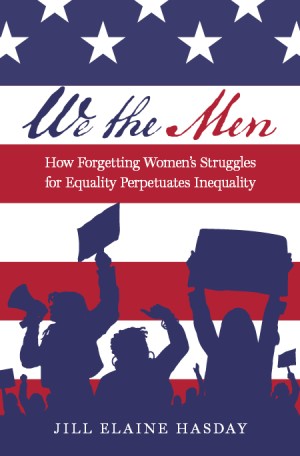Can prisons escape that their practices have parallels in plantations and concentration camps? In Impermissible Punishments, legal scholar Judith Resnik provides an original transatlantic analysis of the birth of the corrections profession, debates about prisons’ purposes, and prisoners winning recognition of their rights. She weaves together stories of people generating prisons’ rules and those living under the results. She maps three centuries of politics, ideas, and, eventually, legal constraints delineating permissible from impermissible punishments. Resnik details the impact of World Wars I and II, concentration camps, the United Nations, the US Civil Rights Movement, the pioneering prisoners insistent law protected them, the first trial of whipping’s constitutionality, and current failures of public and private prison providers. Underscoring the interdependency of people in and out of prison, Impermissible Punishments argues that governments committed to equality cannot ruin people whom they detain and many contemporary forms of punishment need to end.
Join a community of readers who are committed to Jewish stories
Sign up for JBC’s Nu Reads, a curated selection of Jewish books delivered straight to your door!





